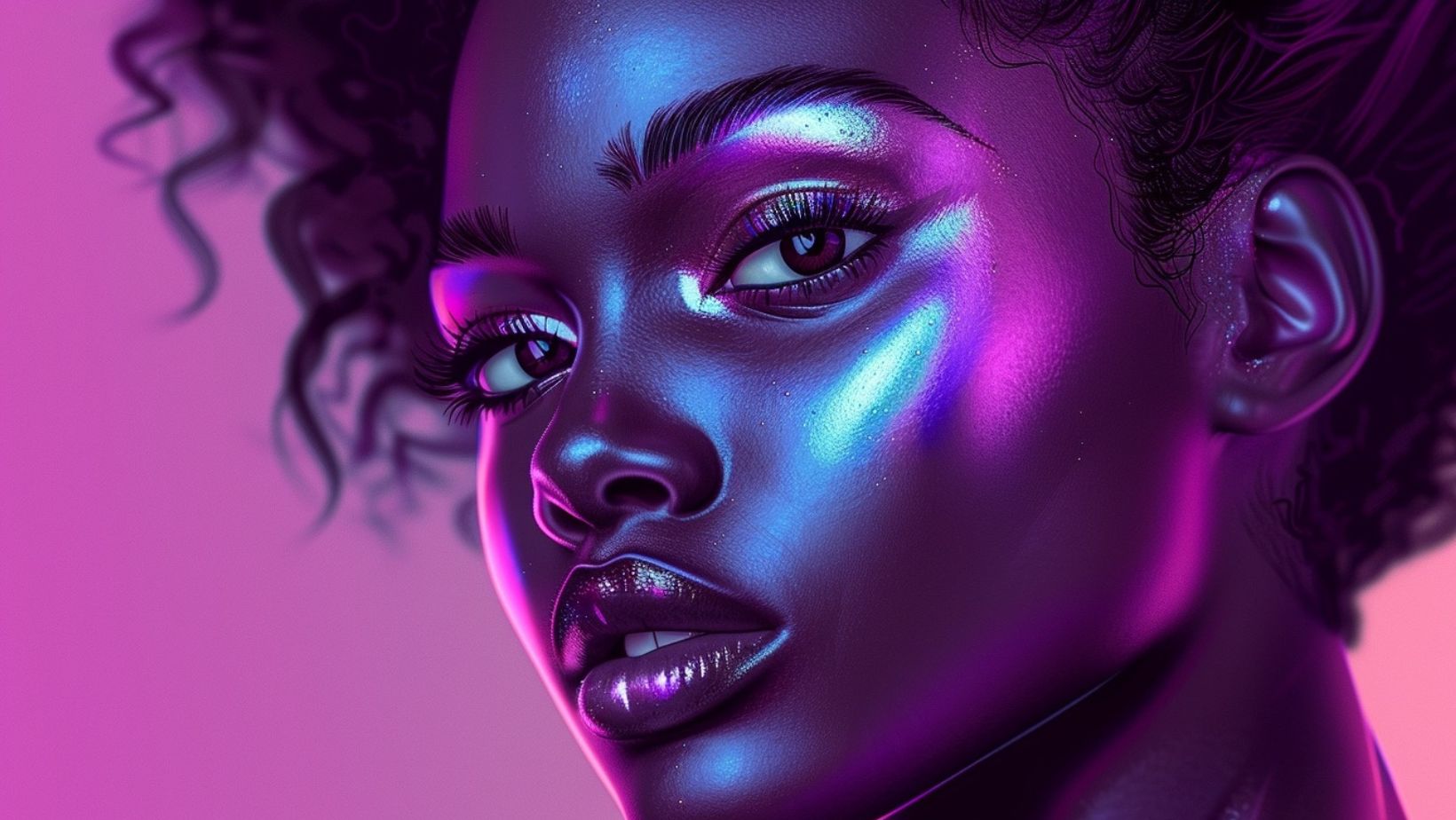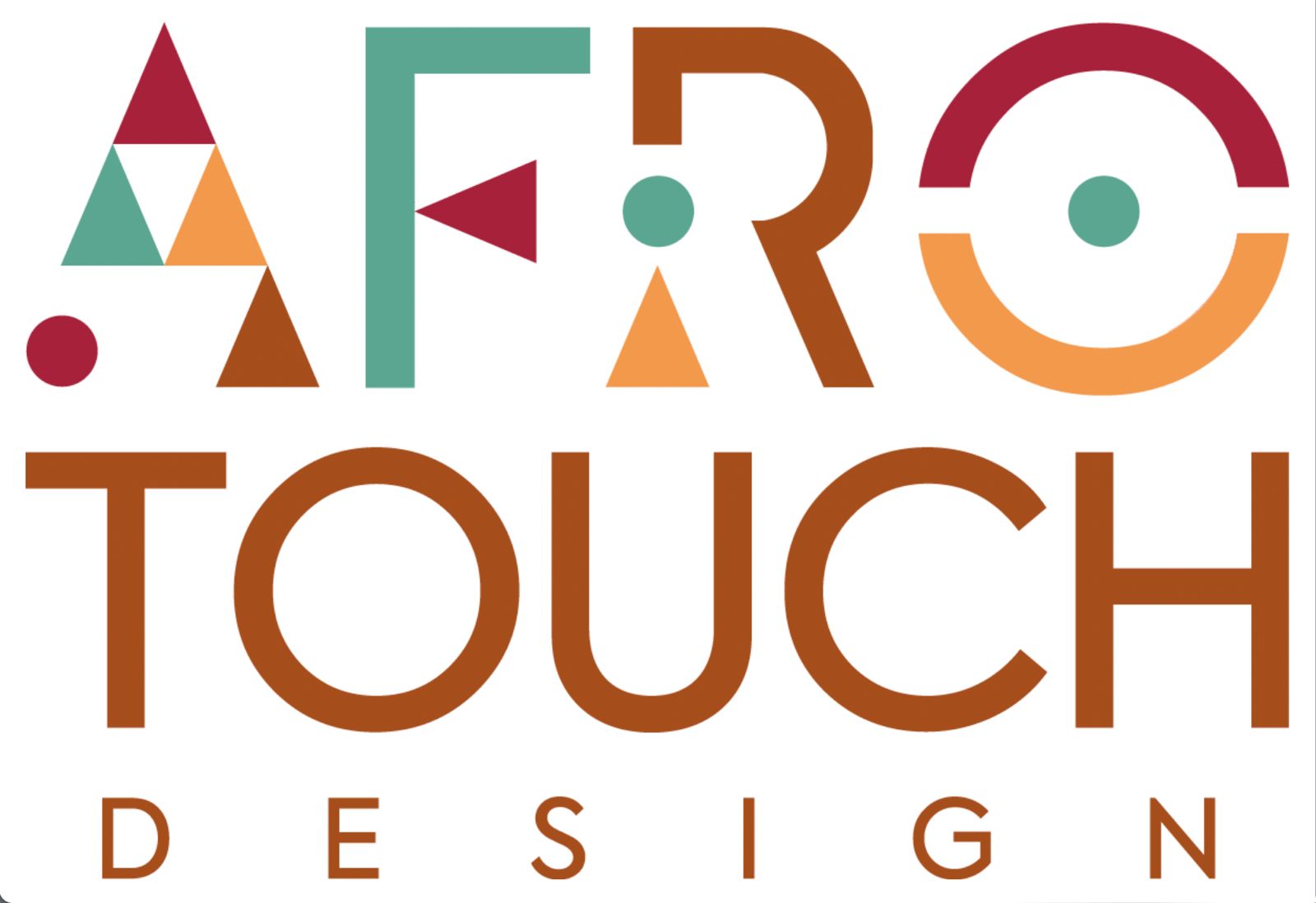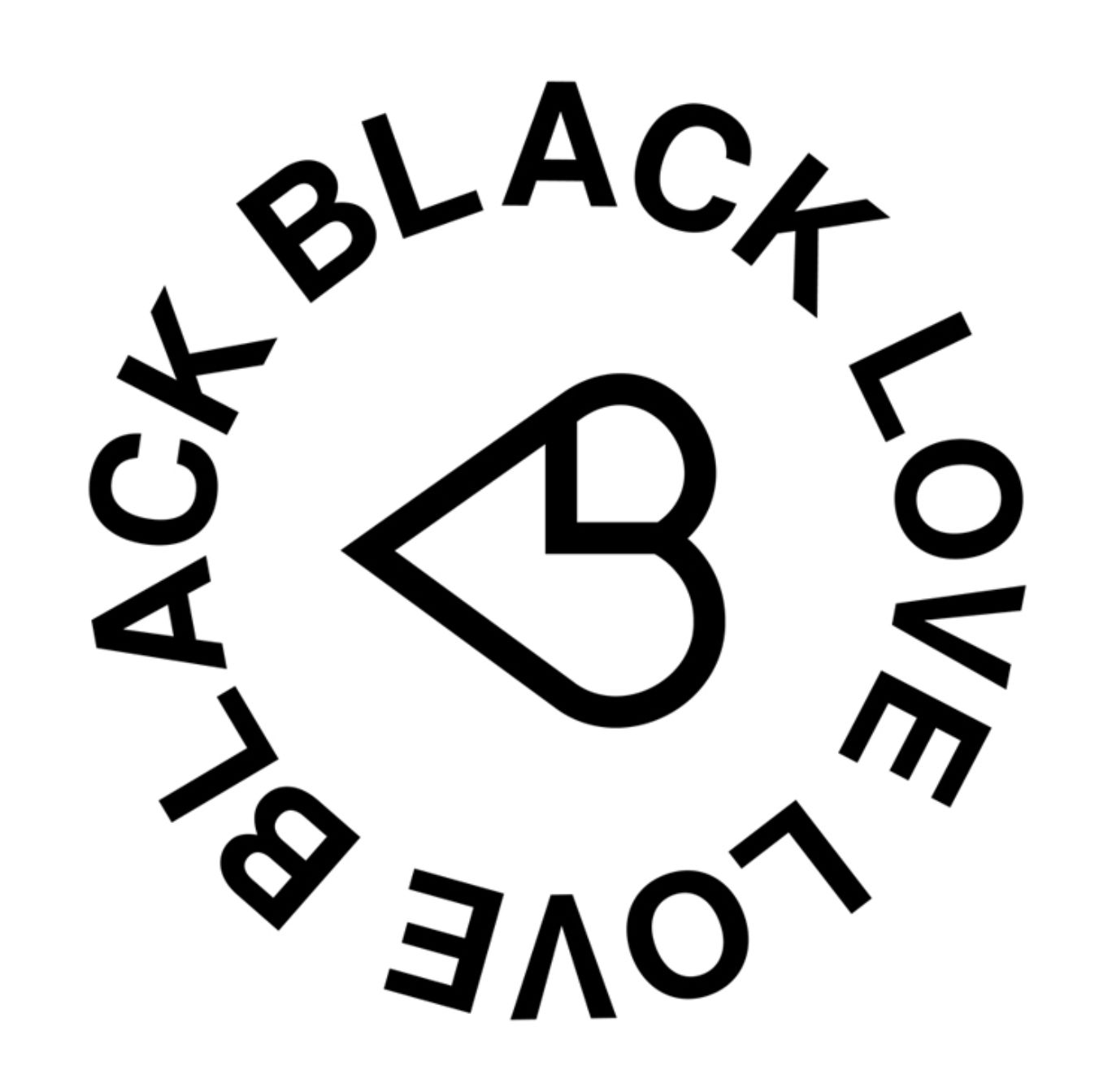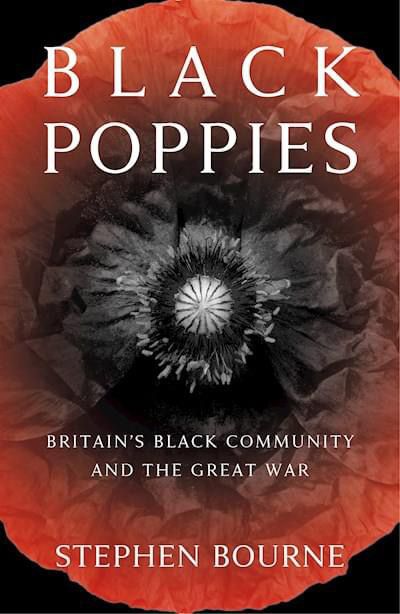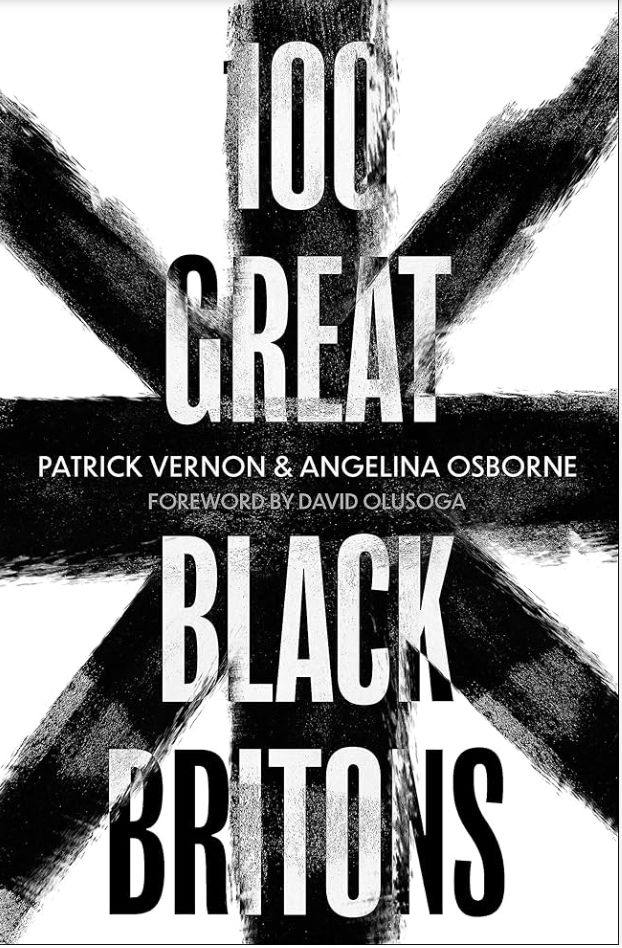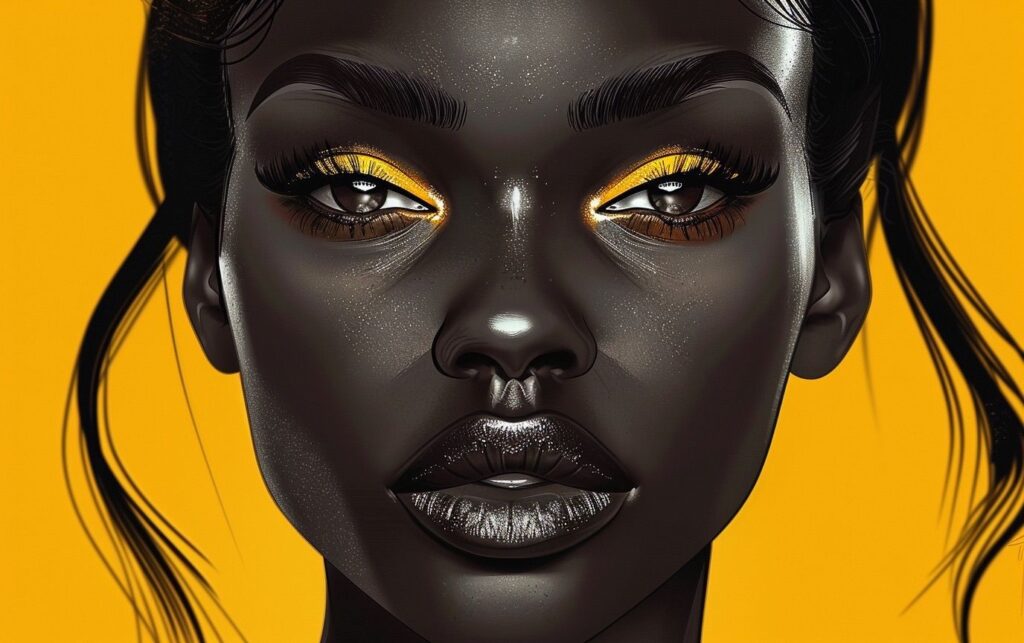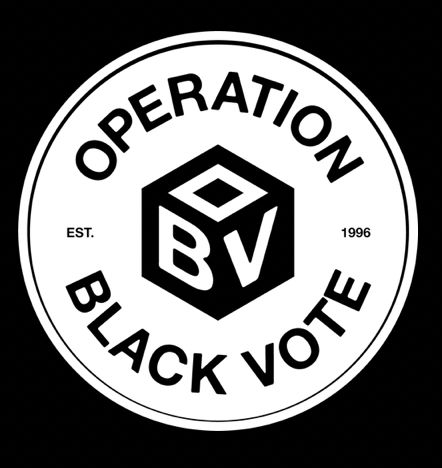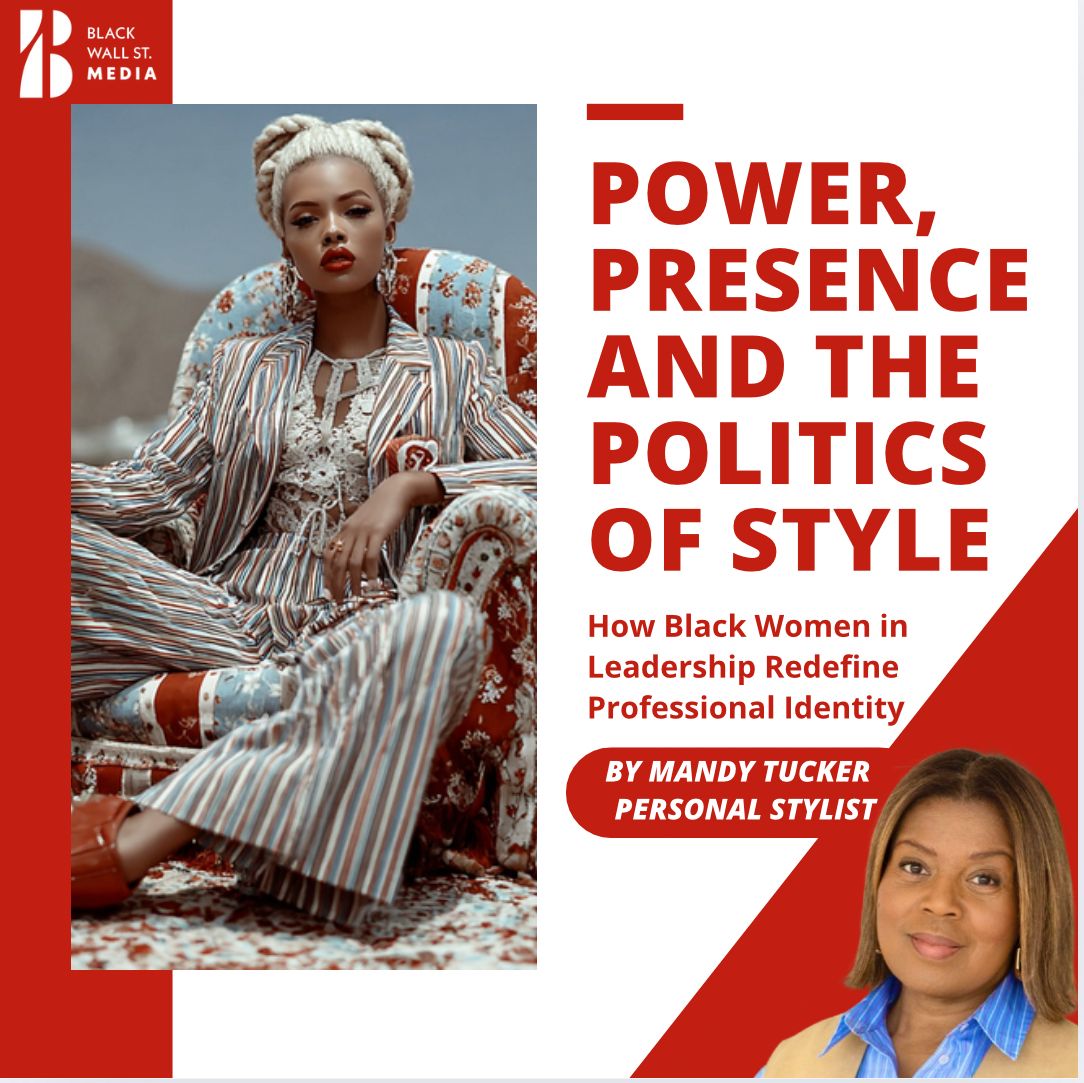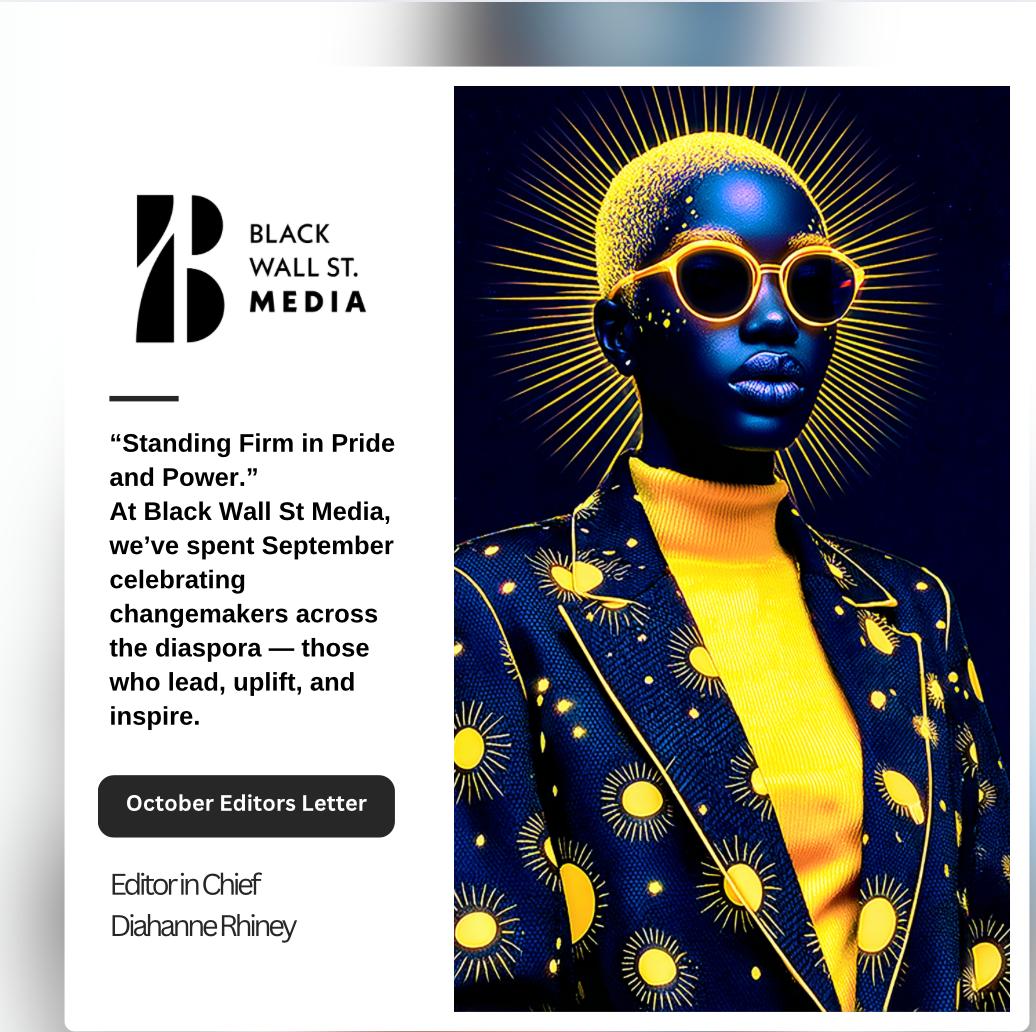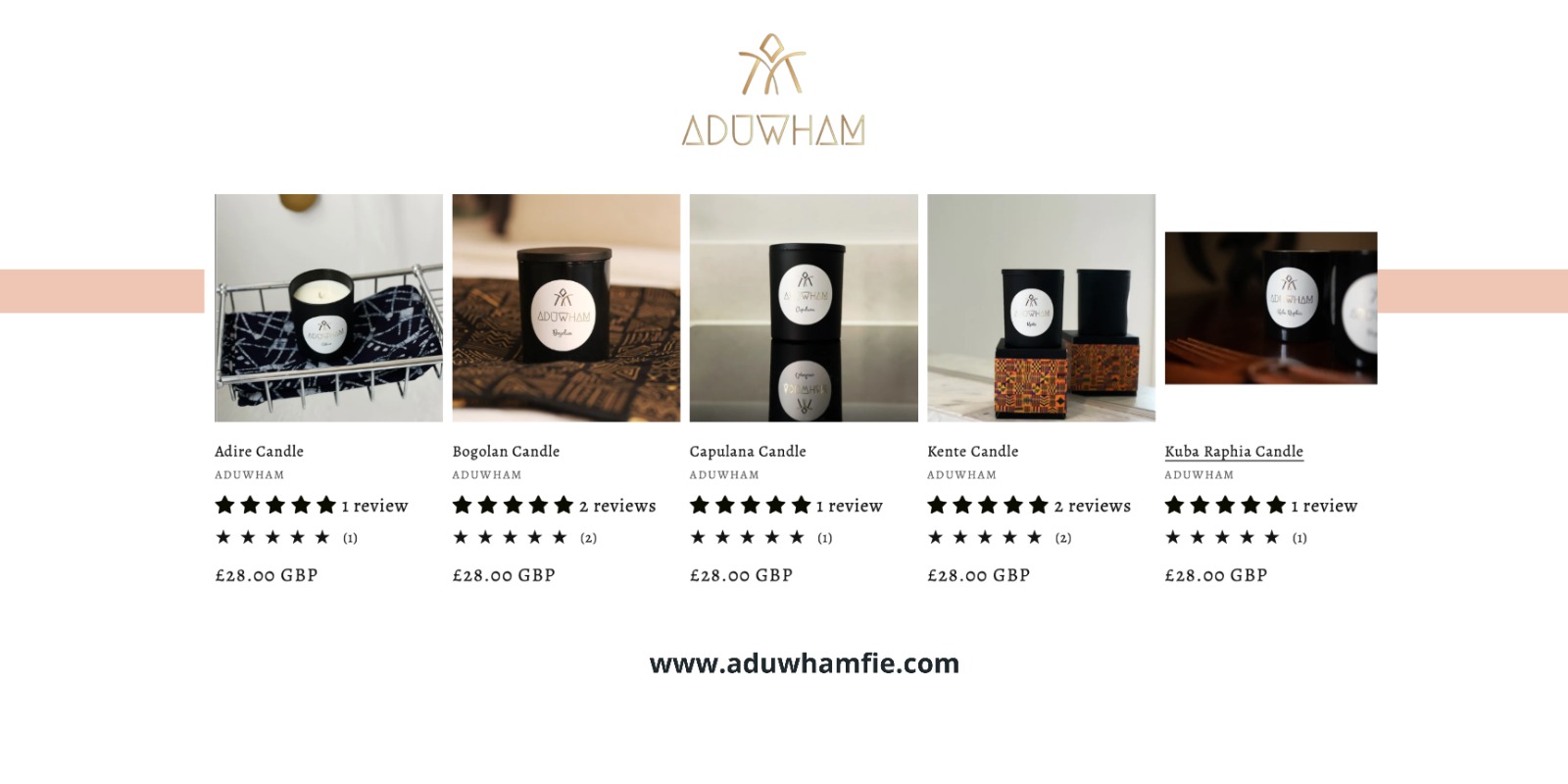BLACK HISTORY MONTH SPECIAL
Reclaiming The Black Female Narrative: the cost of silence.
“This Black History Month, we’re reclaiming the Black female narrative. For too long, our voices have been silenced, distorted, and overlooked. From healthcare disparities to the weight of the 'superwoman schema,' the cost of our silence is too high. It's time to tell our own stories, honor our contributions, and break the cycle of suppression. Join us in this revolutionary act of self-love, healing, and legacy-building.”
DANIELLA MAISONEditor of Social Cause Issues
For so long, the voices of Black women have been silenced. In narratives, records, and accounts, white writers have persistently distorted or construed the lived experiences of Black women to feed into prevailing agendas and stereotypes.
So when we look to our past, our ancestral subjectivity, how black women felt, how they envisioned freedom and its opportunities — is lost in the whitewash.
It’s an atrocity that in 2024, we are still enduring the ongoing fallout of our historical silencing. In the workplace, in school, in academia, in healthcare, in politics, there are multitudes of milieu wherein the black woman’s narrative is muted.
Misogynoir has long told Black women that we cannot sit down and rest, because we must work twice as hard to be respected and rewarded. It’s our ongoing battle, the responsibility to work twice as hard. Our success is the exception and our failure is the rule.
We observe our mothers putting themselves last, struggling to be heard and seen, contending with stereotypes and social demands, and all too often we watch helplessly as it eventually takes a colossal toll on their health.
We unknowingly repeat this intergenerational traumatic pattern, our health suffers, and the loop continues. We immerse ourselves in our careers, glass ceilings and cliffs that take mammoth strength to climb and shatter.
A significant part of our hardship is trying to be authentically heard in environments where our contribution is stifled. It takes so much strength, Infact, that it affects our mental health, deprives us of balance, impacts our overall health and eventually becomes our norm.
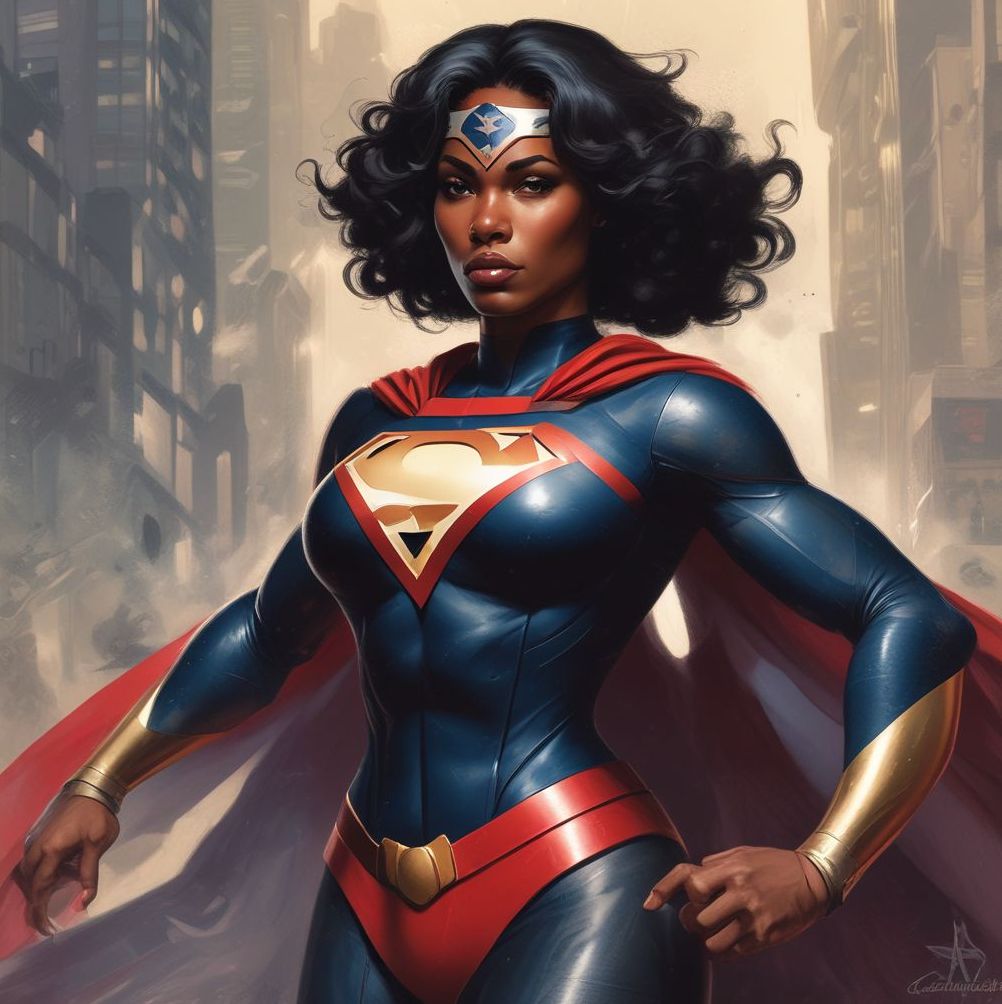
Black women suffer disproportionately from ‘superwoman schema’. Tellingly, this mental health syndrome appears as ‘projected strength and suppressed emotion’.
The operative words in that sentence are projected and suppressed. A considerable portion of this ‘projected strength’ is due to the morass of stereotyping.
The deluge of micro aggressions and macro aggressions we endure on a daily basis may ‘thicken our skin’, but they also force us to convey strength ‘no matter what’ and this feeling imprisons Black women in an idealised image that does not allow us to express our scarring.
It wears us down. A significant portion of ‘suppressed emotions’ is a complex blend of imposter syndrome and a phenomenon known as “stereotype threat,” which is the apprehension of validating negative stereotypes linked to our social identities.
It’s the fear of perpetuating the “angry Black woman” stereotype. Stereotypes of black women possessing deviant values and dispositions have been padded and magnified.
So much so that when we might be experiencing a mental health crisis, the police see us as the threat, not the victim. Our bodies and actions are suspect, our movements are threatening, our demeanour is a signifier of dissent, our voices too aggressive.
We watch women like Sonya Massey murdered for revealing her vulnerability and it compounds our fears. Findings show that this fear causes black women to self-silence as a form of protection. Suppression involves the obligation to put the lid on emotions, hide dependence and vulnerability, and to prioritize caregiving over self-care, according to the National Institutes of Health.
The superwoman schema accumulates and causes severe mental distress. We feel suffocated and tired. Our silencing is generational. During the transatlantic slave trade, Black women used a self-silencing methods to endure being kidnapped and enslaved to the U.S., and the physical, sexual, and emotional violence that it brought.
These methods were handed down and many of us continue to rely on them to survive modern manifestations of gendered racism. We grapple with a reality that pushes our mortality into the forefront of our existence. ‘If you are silent about your pain, they’ll kill you and say you enjoyed it.’
Zora Neale Hurston A major component of our silencing is that we have been taught to be conflict-avoidant. We stay silent when a GP dismisses our symptoms and gaslights our pain.
The death rate for Black women from preventable diseases was always higher than for non-Black women, but for so long it has been implied that the reason is innate, biological or a symptom of alleged our poor diets and low incomes.
Yet it we take Breast cancer as our example, Black women are more likely than white women to die of all types of breast cancer. Research shows us that racial disparities, rather than biology, are driving the differences in death rates between Black and white women.
From as early on as the breast cancer treatment research phase, Black women are not being represented. Black women are also more likely to have breast cancer at a younger age, but we are also more likely to not be diagnosed until the cancer is at an advanced stage.
The NHS our foremothers came to England to rebuild is The NHS is infected by systemic racism and misogynoir.

We are unseen, unheard and unsupported. We are told that white medical students hold false beliefs about the biological differences between Black and white women, leading to significant racial biases in pain perception and treatment.
Our stereotypes are so toxic that even our pain is misconceived. Rarely are we told that the ‘Mother of Chemotherapy’ was a black woman.
Dr. Jane Cooke Wright made significant contributions to the treatment of breast cancer by developing new techniques for administering chemotherapy and analysed many anti-cancer agents. Rarely are we told that a black woman’s cancers cells are the source of the HeLa (Henrietta Lacks) cell line, the first ever immortalised cell line and one of the most important cell lines in medical research.
Our black bodies are the prototype on which genealogical advancements were cultivated. Our genetics wove the original tapestry of threads that is now modern obstetrics and genealogy.
Our bodies were sacrificed on the alter of scientific development; our minds contributed to their advancement. The same industry that systematically causes the neglect of black women due to misinterpretation, misconceptions and stereotypes.
That is why this Black History Months theme, Reclaiming The Narrative is so important. For our minds, bodies and souls. Reclaiming the narrative is the act of taking control of our story, voice and identity.
It is the regaining control of our own history, autonomy and the redefining of our contribution and purpose. It is vital to our very survival. ‘You may write me down in history With your bitter, twisted lies, You may trod me in the very dirt But still, like dust, I’ll rise.’ Maya Angelou Radical reclamation of our narrative is not — and has never been — about shouting above the ballyhoo.
It is a call to action to honour, educate, and empower ourselves and others. It’s about challenging the narratives that have historically marginalised our contribution. Reclaiming our stolen legacies. Telling untold stories. Ensuring that our voices are heard and honoured.
It’s about realising the power of our voices, and the heavy cost of remaining gagged and bound.
The voice of progress also belongs to Black women. Reclaiming our narrative is a revolutionary act. It is self-love and self-preservation. It is legacy building and healing for the generations that come after us.
Dear Black woman, straighten your crown. Our time is always now. Our narrative is ours for the taking.
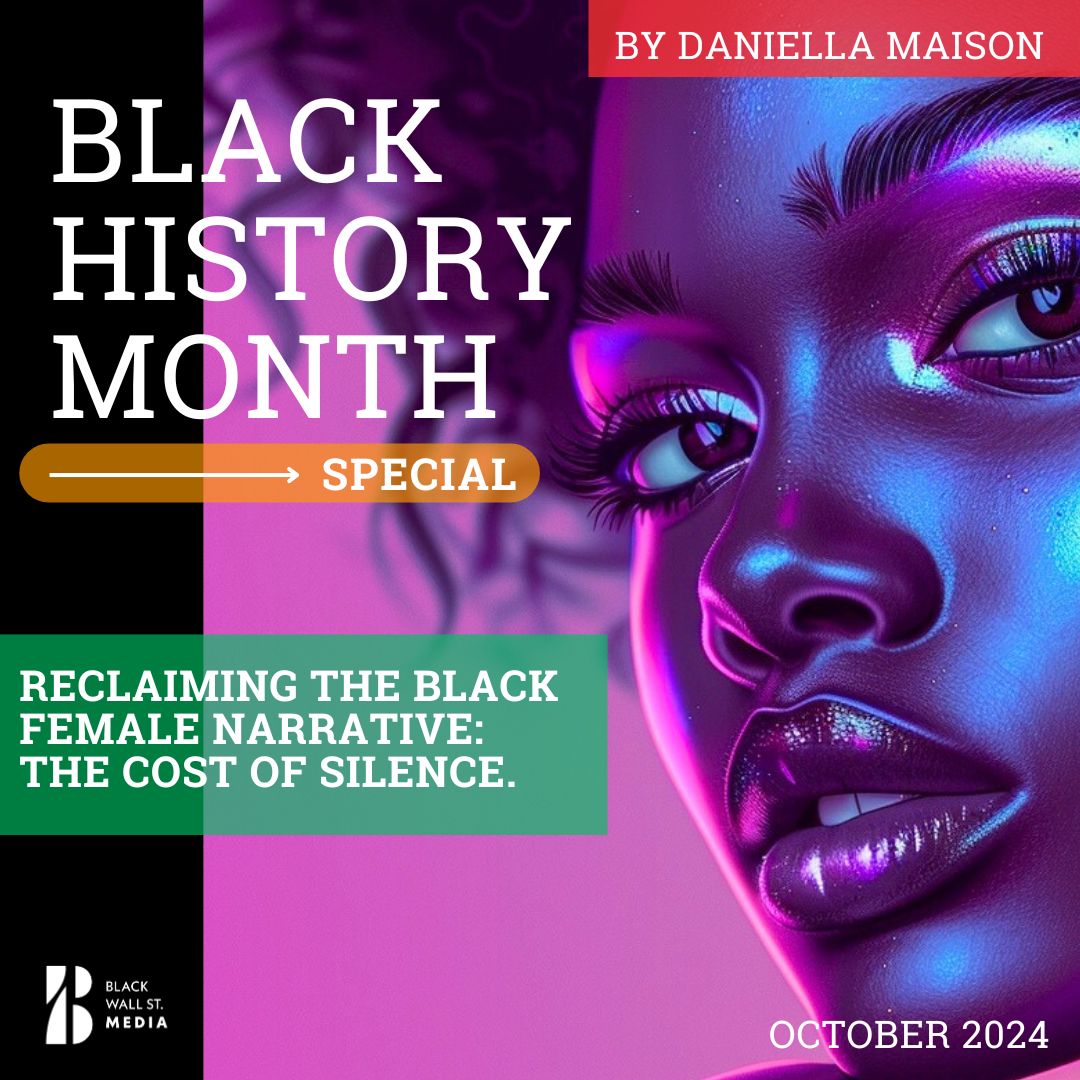
SECURE YOUR TICKETS NOW for the 2nd Spirit of the Caribbean Annual Ball & Black Honour Awards on Saturday, October 26, 2024, from 7.30 pm to 02.00 am.
The night features a reception, networking, and awards ceremony honouring those who have made significant impact within and beyond our community. Post-awards, prepare for live entertainment and dancing until 02:00 am. The event, a symbol of shared heritage, showcasing Caribbean Excellent.
Dress code is black tie.
Tickets can be purchased on Eventbrite (booking fees apply)
or from Event Connoisseurs: with no booking fee.
For more details, contact us at
enquiries@eventconnoisseurs.com

